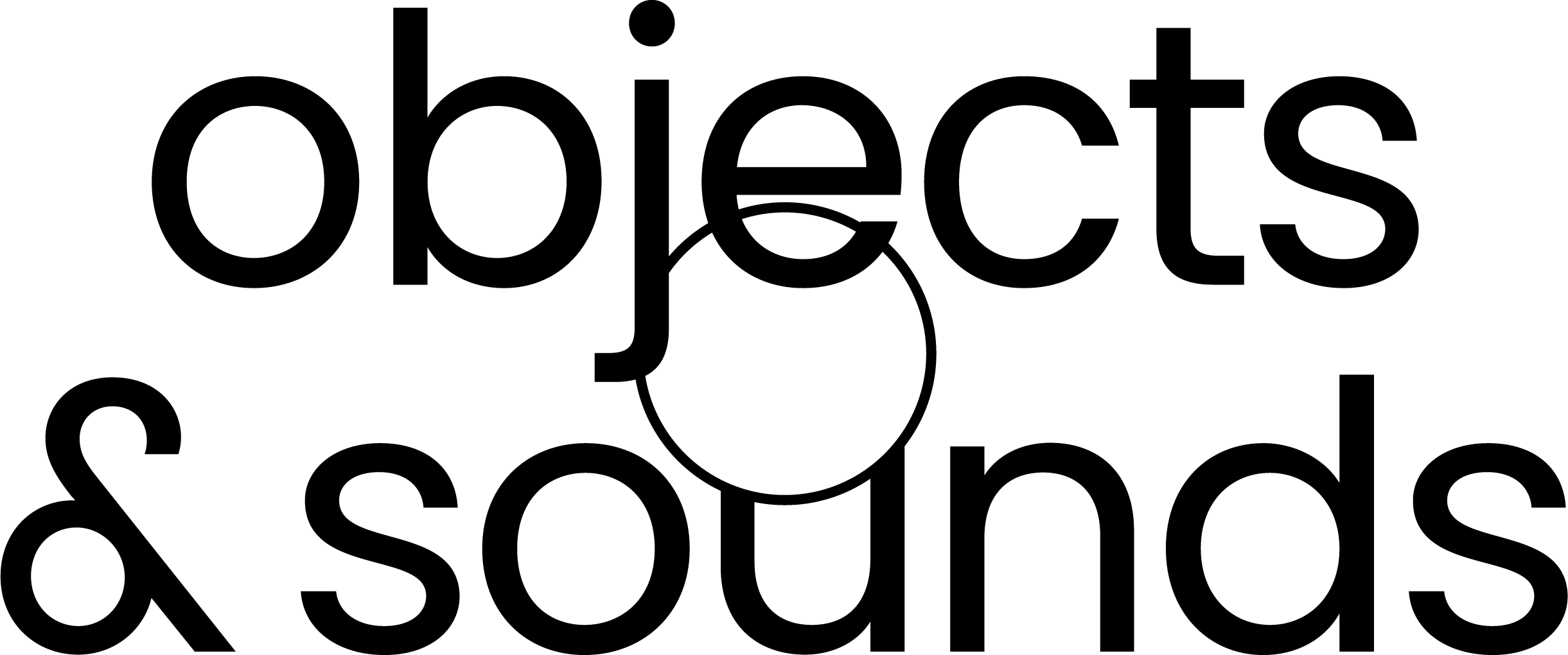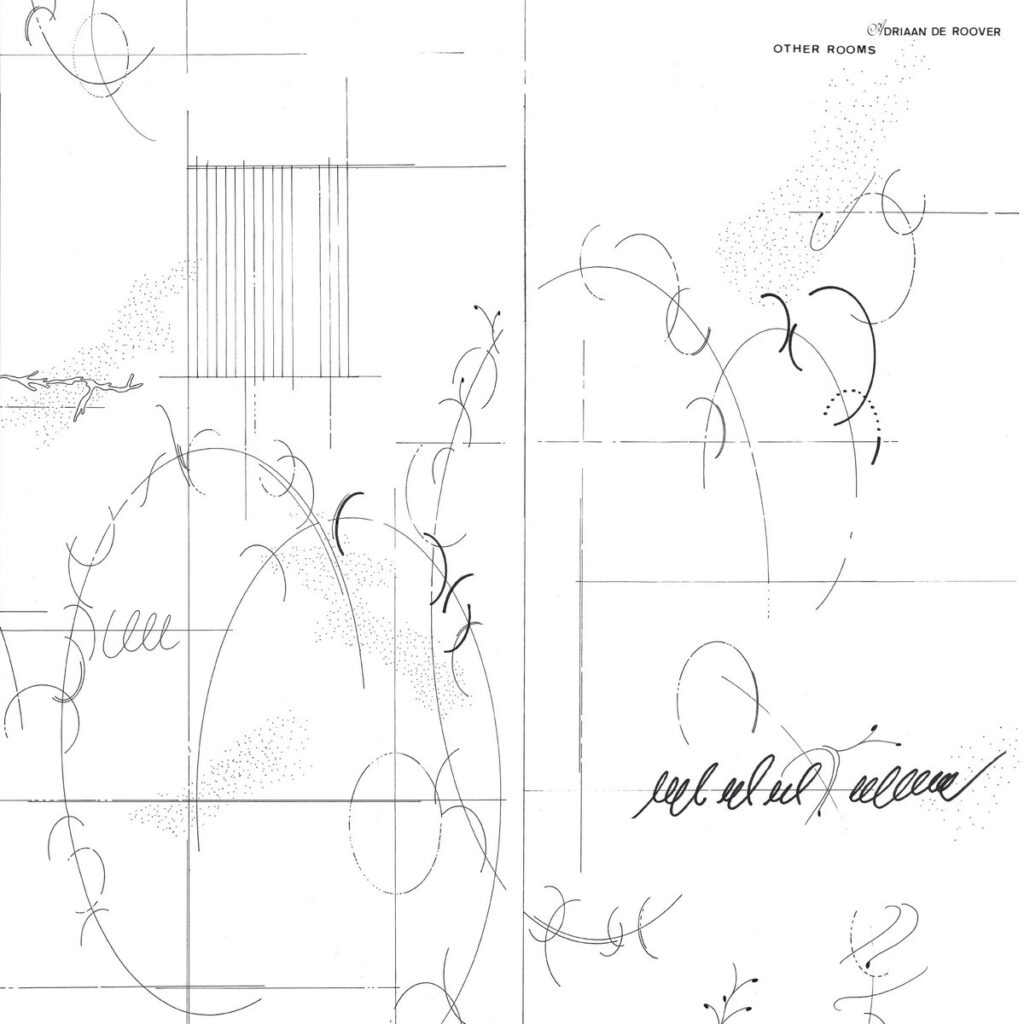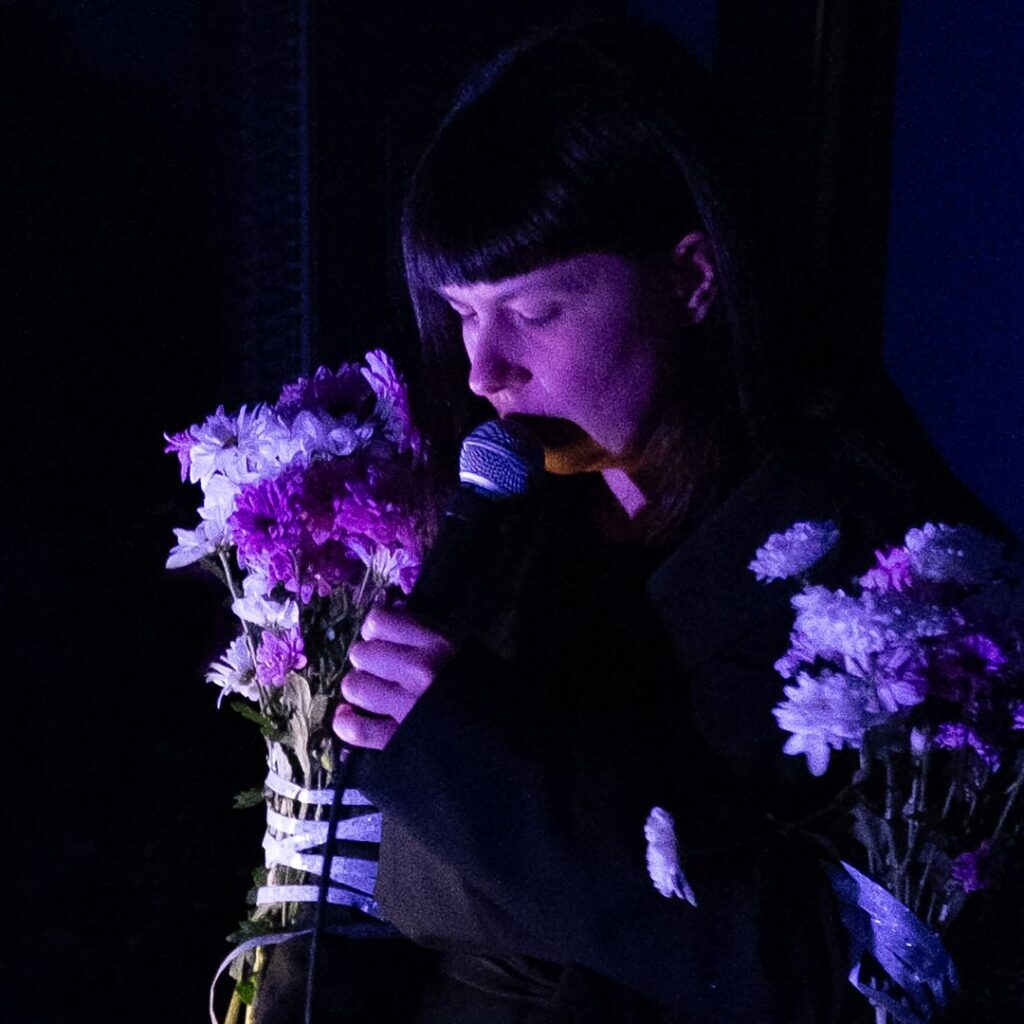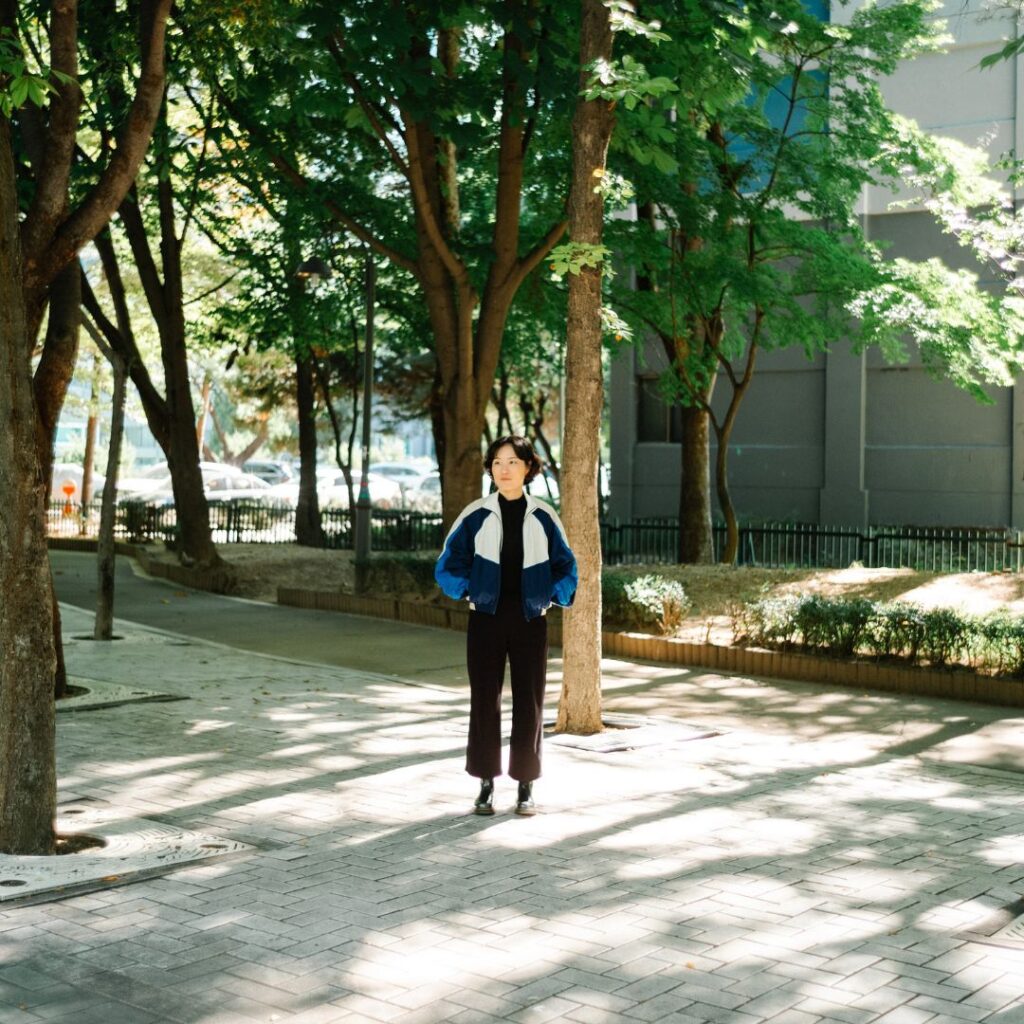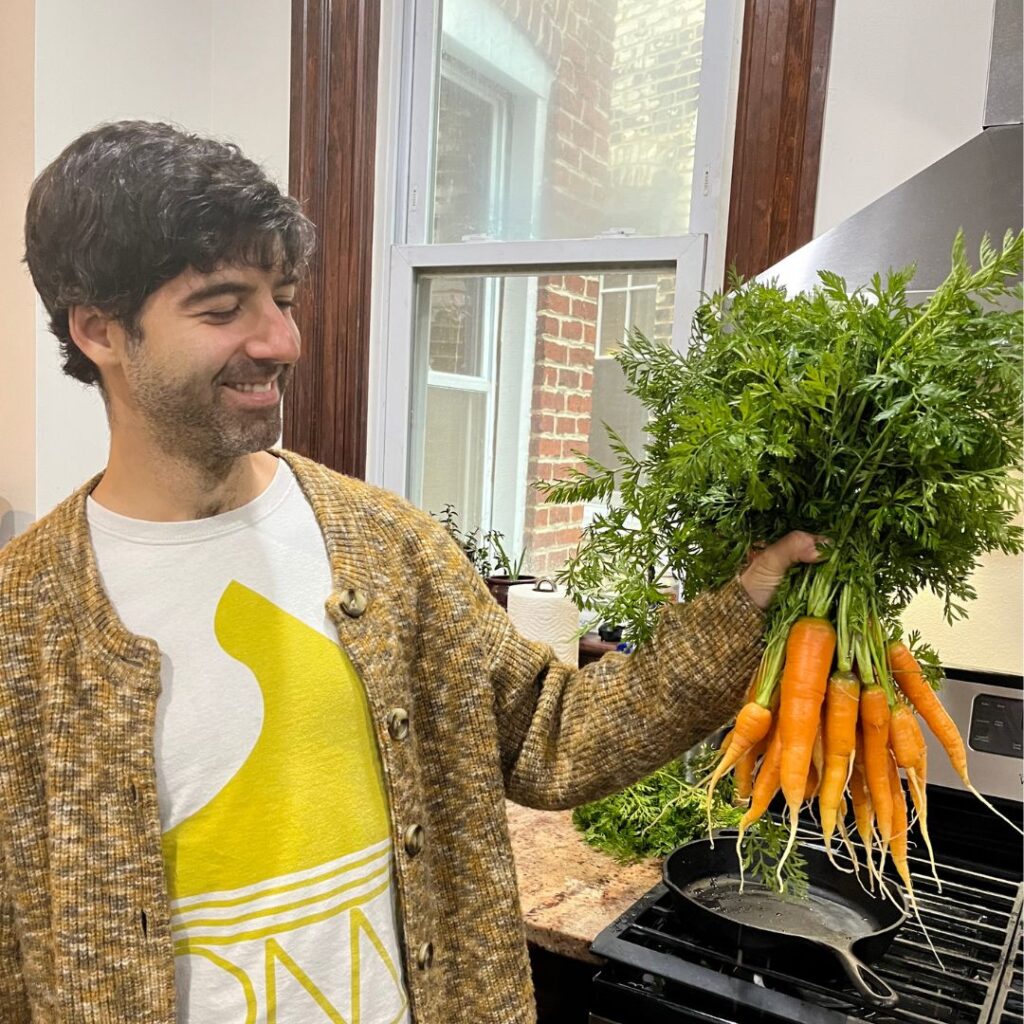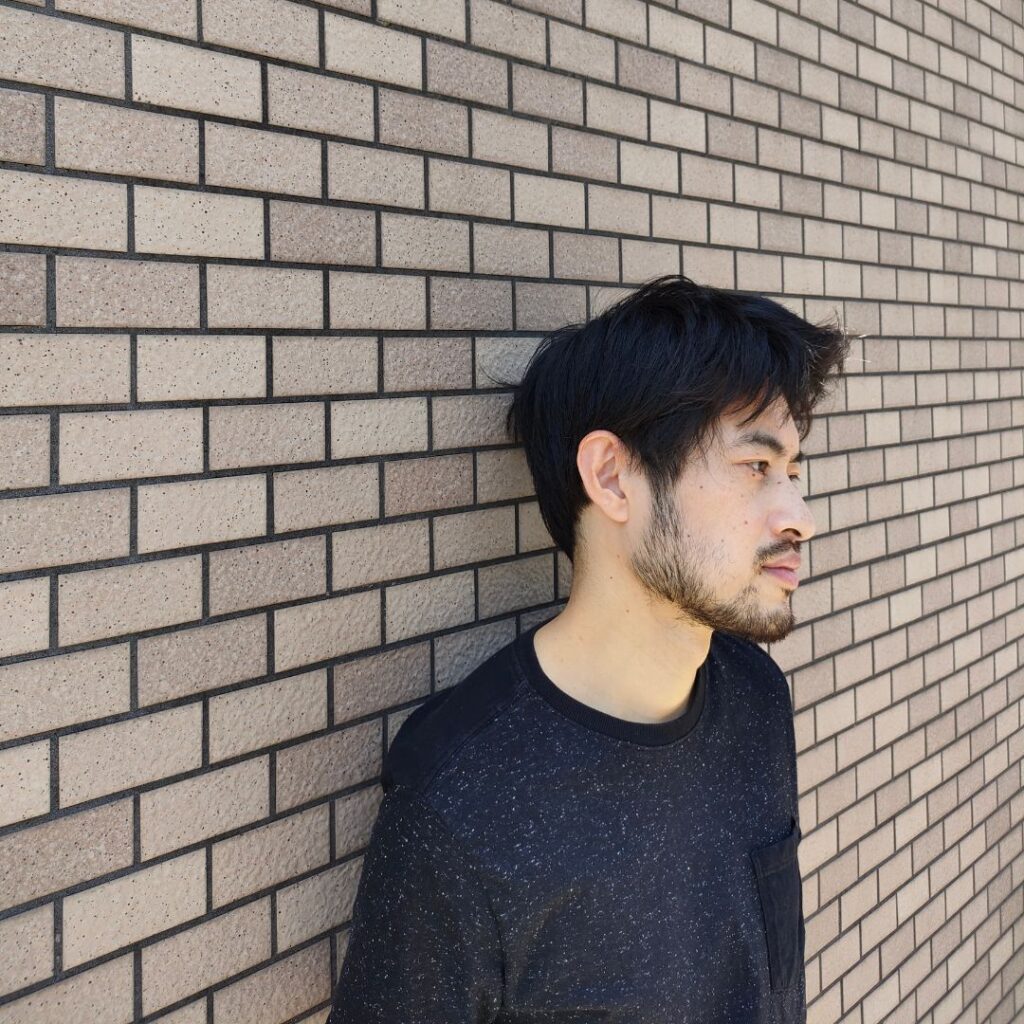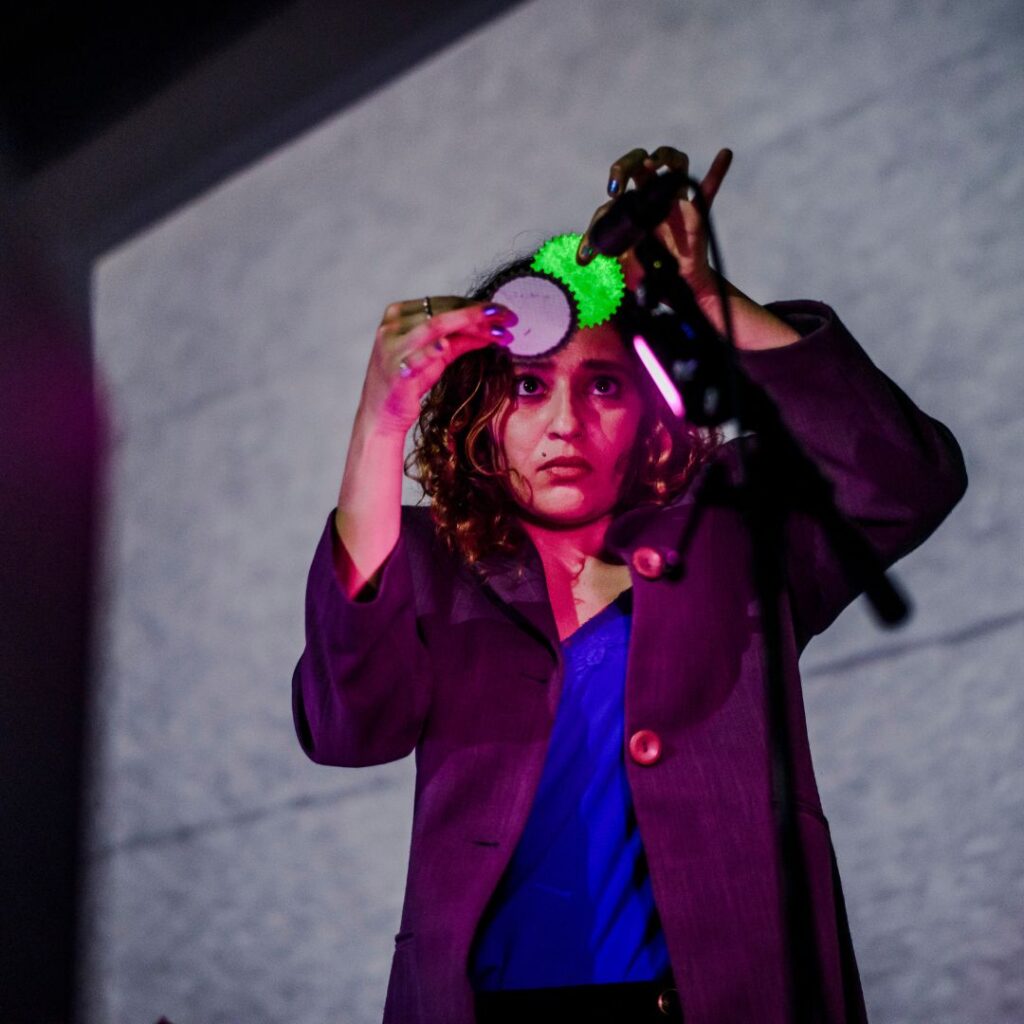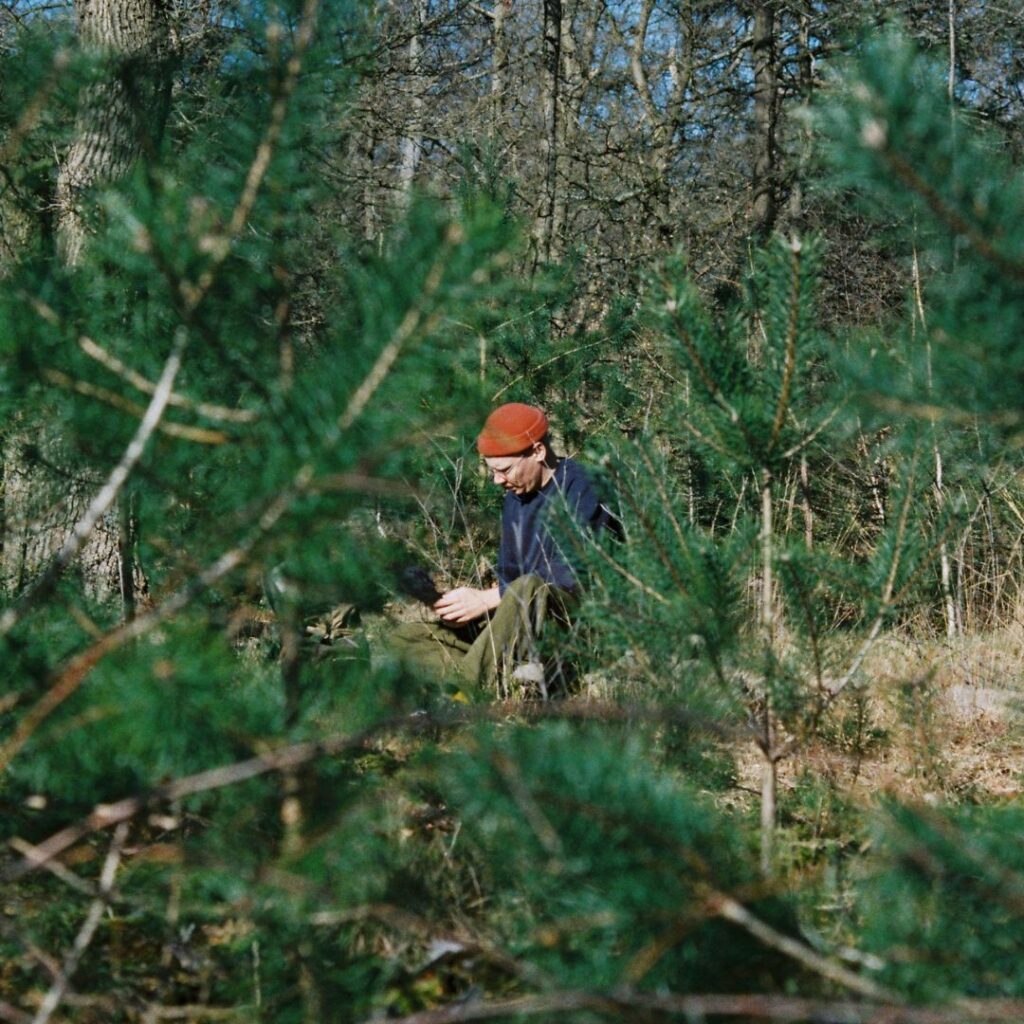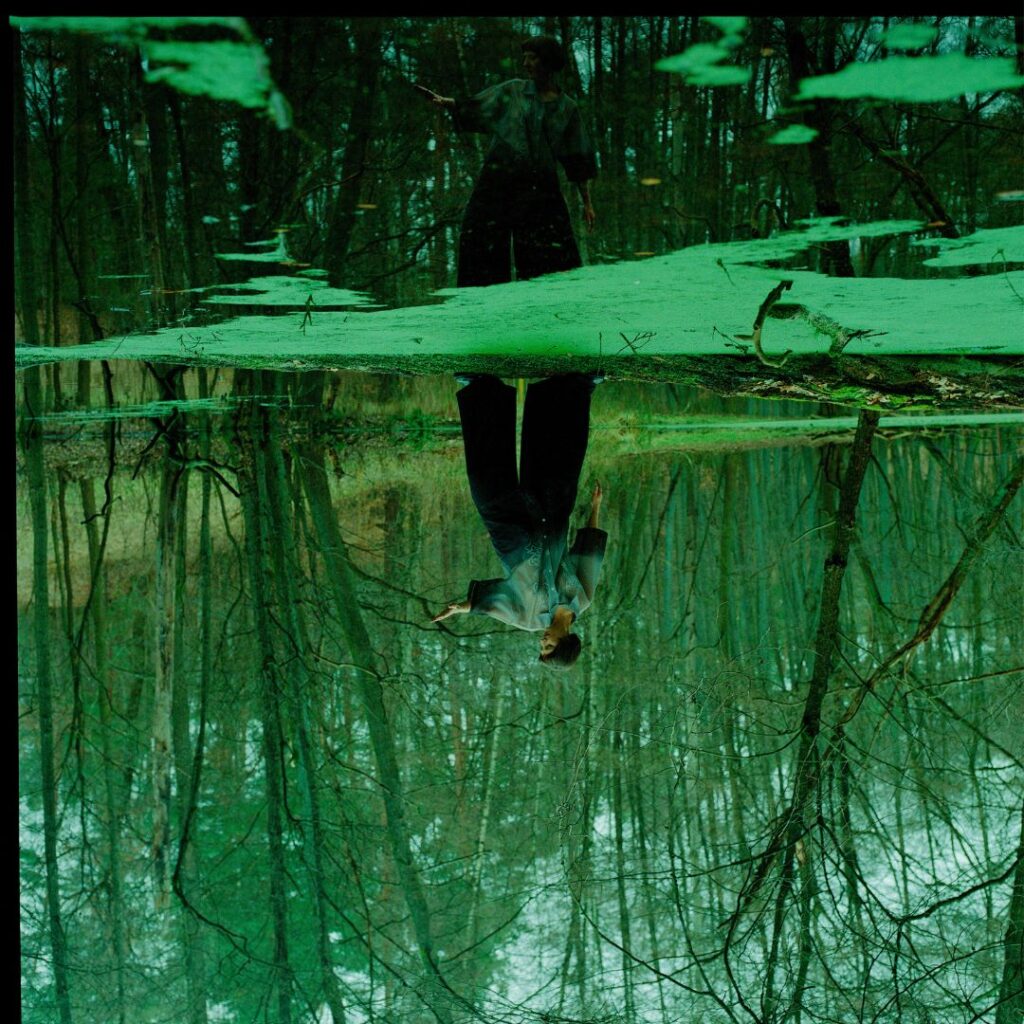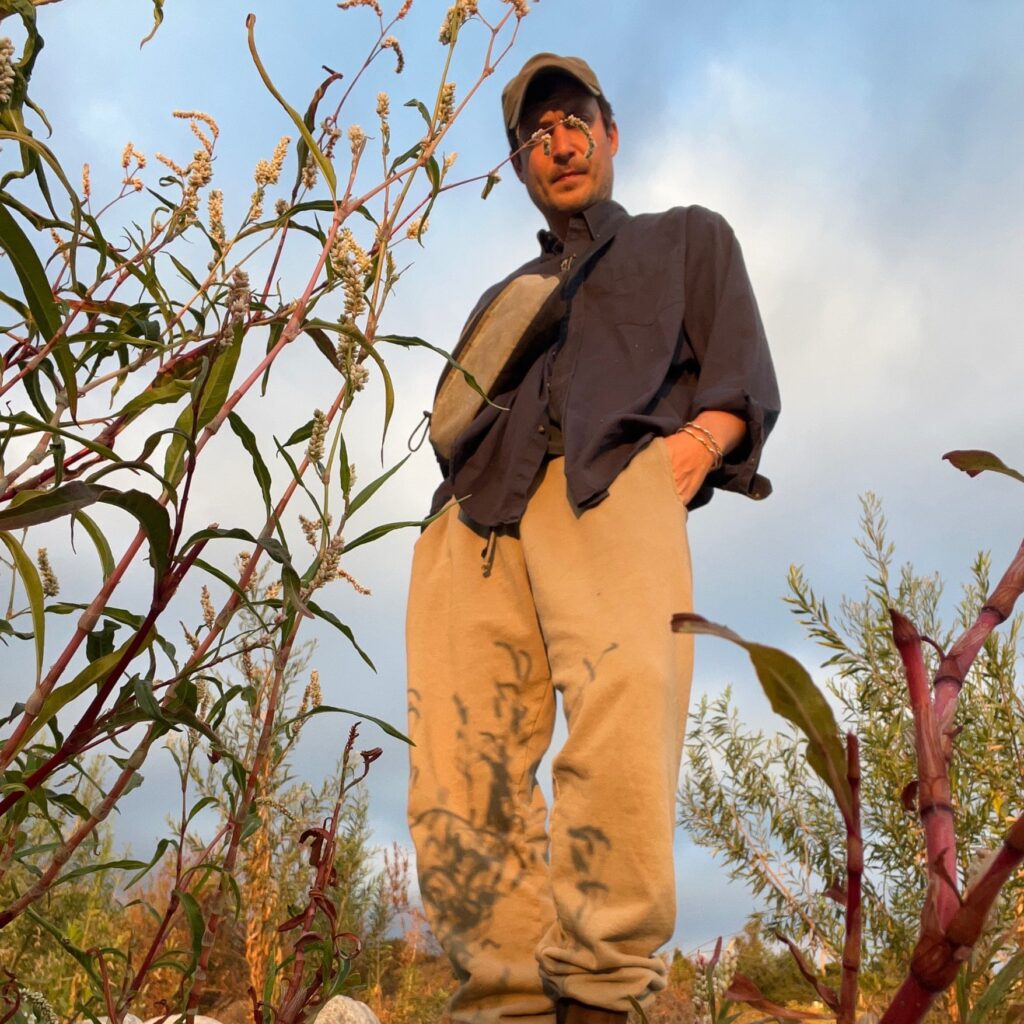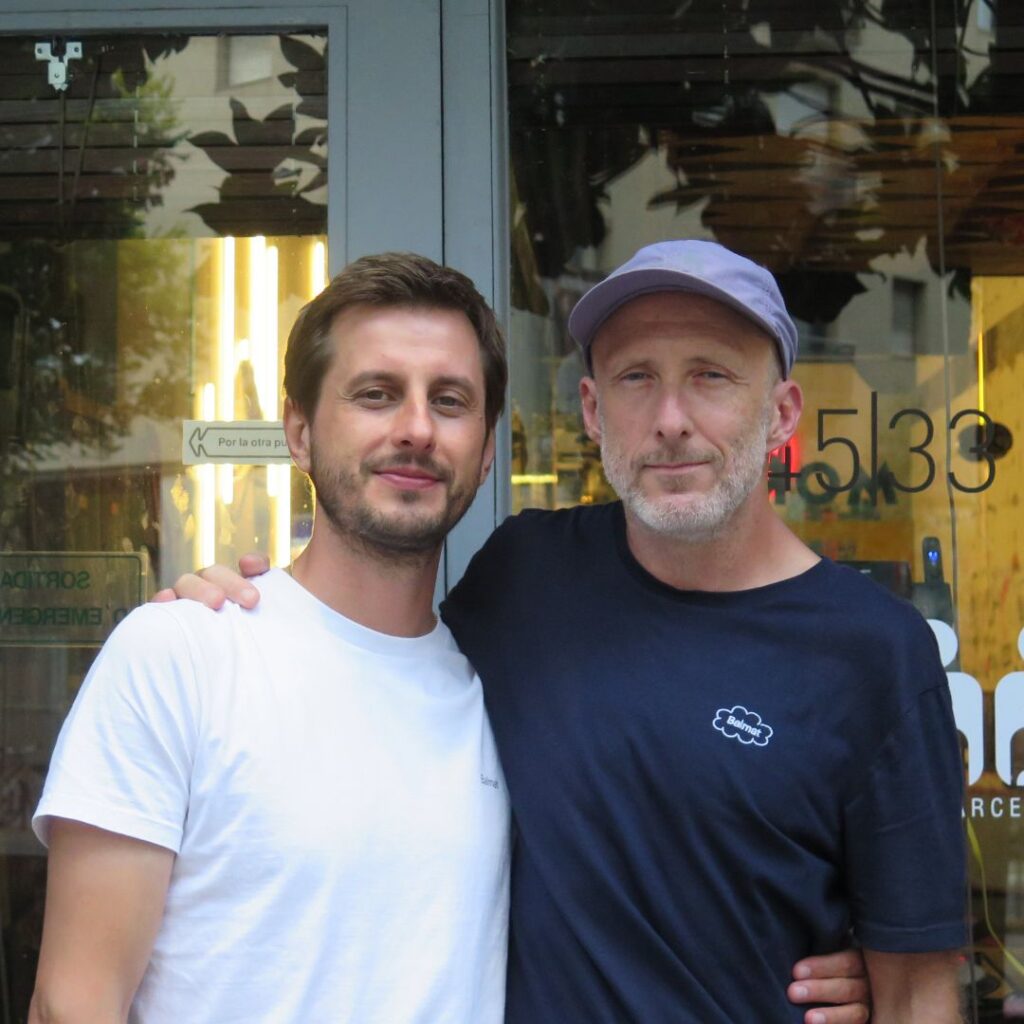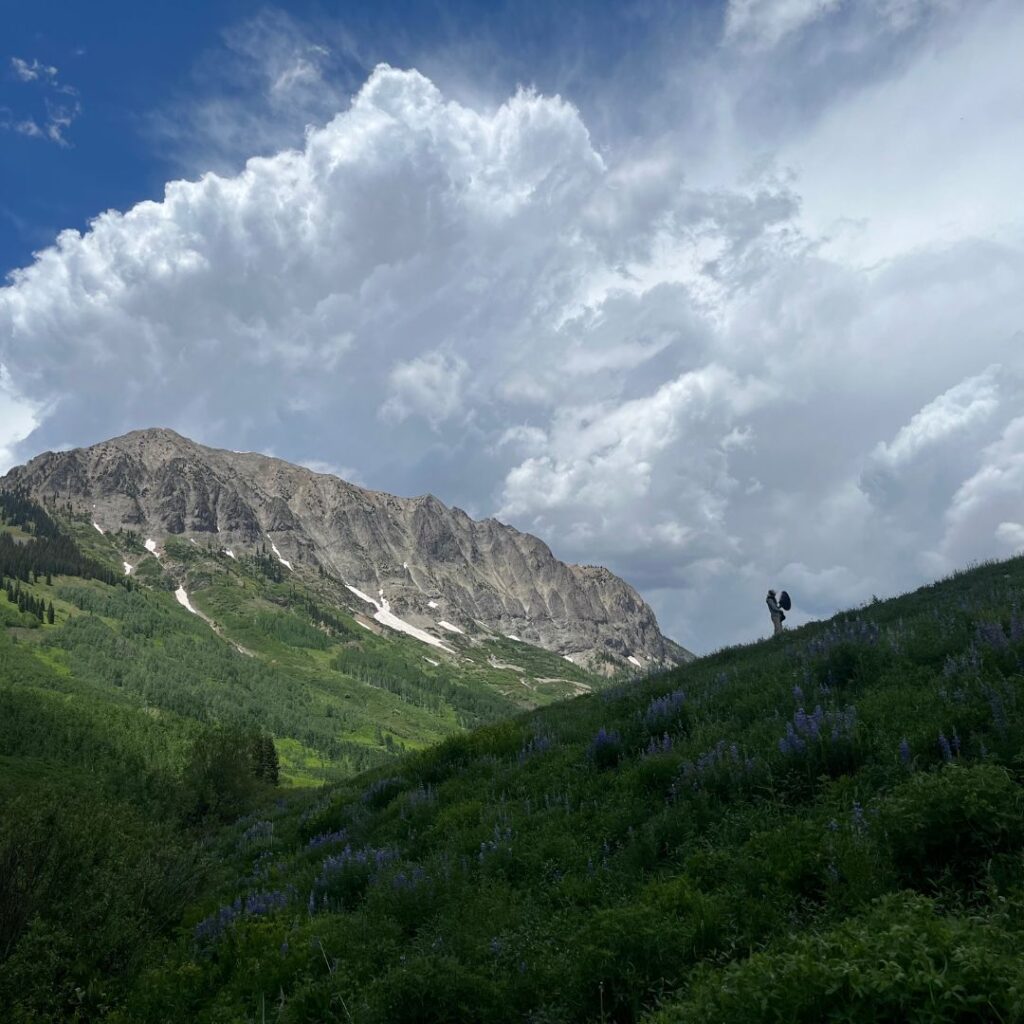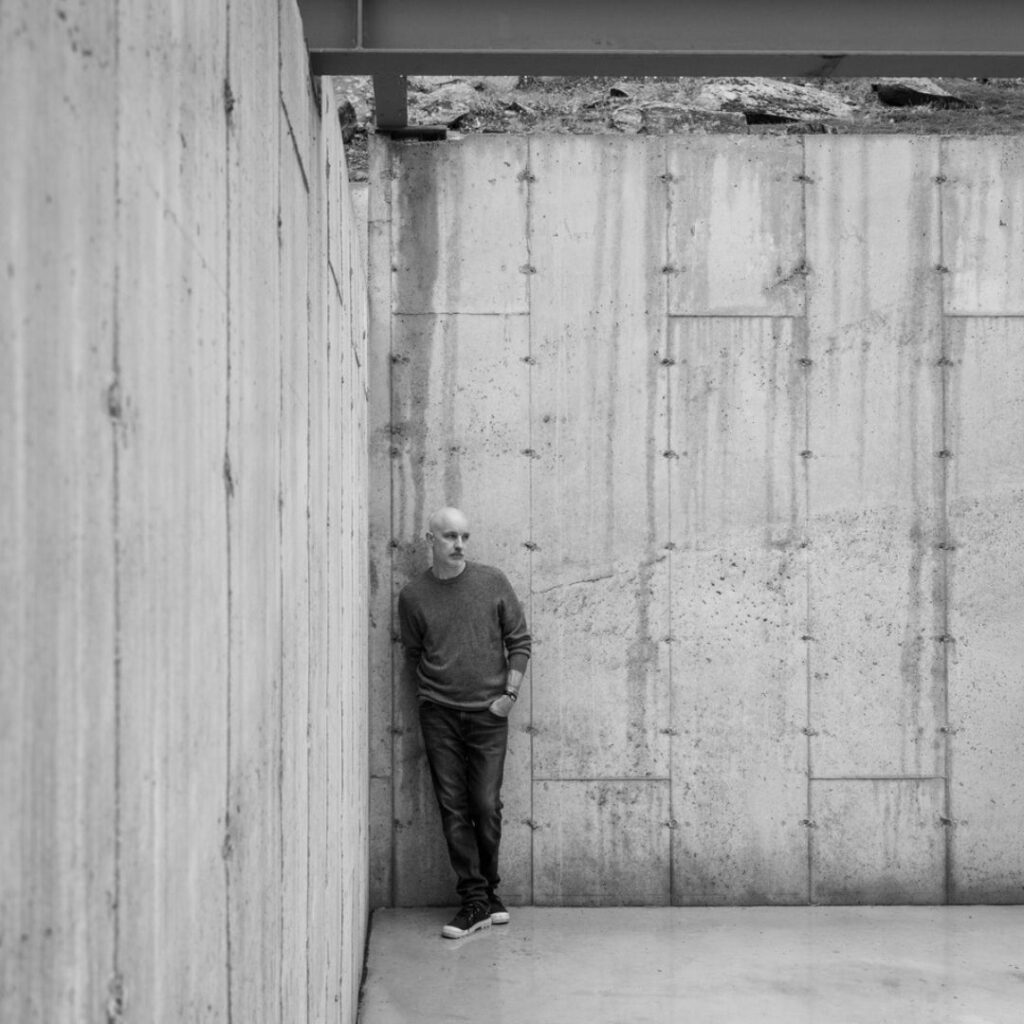Creating space with Adriaan de Roover
Artist and composer Adriaan de Roover treats music-making as a portal into self-discovery. Through subtle sonic transformations, each release marks his journey and embodies a new sound, feeling, or place that resonates with a specific period in time from his life. This theme is particularly present in his latest record, Other Rooms, where he reflects on “the different paths I could have taken, the different versions of myself.”
Adriaan discussed with us the importance of cultivating space, both within music and in life, as a means of finding connection and giving shape to an evolving sense of self.
Every album you release explores a new sound. What do you feel ties them all together?
I’m happy that you say it sounds different. For me, it’s like following a continuous journey through different phases of my life. I don’t see clear boundaries between albums. It feels more like a steady exploration of new territories, all connected by a thread of curiosity about the sounds I’ve been exploring for the past decade.
Sometimes I return to familiar sounds or ideas that sparked my interest years ago, but I’m also constantly drawn to new inspirations. It’s not like I have a clear plan for how I want my albums to sound. It happens more organically, just following my curiosity wherever it takes me.
You introduced a more upbeat sound at your album release show in Het Bos. What inspired this musical shift?
I’ve been consciously wanting to explore new sounds and ideas lately, and I think I’m contradicting myself more than before. I’m seeking more joy and playfulness because, through past projects, I’ve realized that melancholy is such a big part of what I do. It feels like my mind now wants to lean toward a sense of lightness and fun.
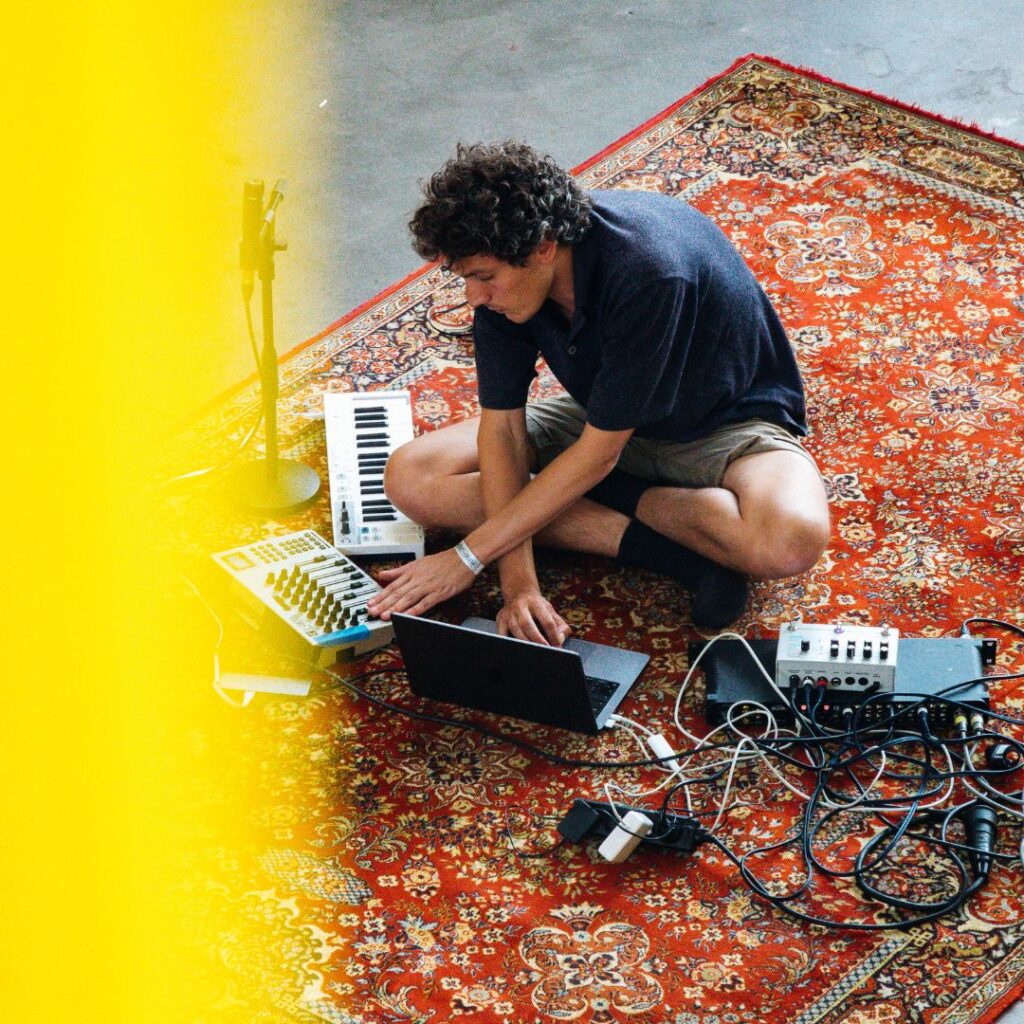
So, melancholy seems to come naturally to you musically. Do you find it more challenging to express joy and playfulness?
I’m not sure I can force it, but I’m always happy when it happens. Avoiding melancholy is definitely more difficult for me, and maybe that’s okay. I realized this through various commissions, especially when creating a soundtrack for a documentary. It was a heavy project that lasted about three years, and layering melancholy over an already intense narrative was really confronting. I had to consciously find ways to break away from it. It’s something I have to be mindful of—not to instinctively tap into that melancholic space.
Another element that’s very present in your music is the notion of space. Why is that important to you?
I think it’s because I’m creating a space for myself. It’s like I’m carving out a place that adapts to where I am and makes me feel safe. Building this space that feels comfortable and familiar is a significant part of my music-making process.
And do you visualize these spaces?
Yes, but in a very abstract way. I like to take little adventures and explore different places.
Ten years ago, my music was more about embracing nature, but now it’s more intertwined with the urban life I’m a part of. People and man-made creations are becoming part of the soundscape. I’ve noticed more layers of human presence in the mix.
What inspired you to start incorporating these elements into your music now?
I’m not sure how intentional or conscious it is. It’s just something that started grabbing my attention. I find the contrast between comfort and anxiety fascinating, and I enjoy experimenting with these different elements. Sometimes, I use sounds that are a bit harsh, like the rumble of a metro or the screech of tram noises. The sound of cities can be really loud and unsettling, and I like to make it part of my work. It also reflects how things sound in my head at times.
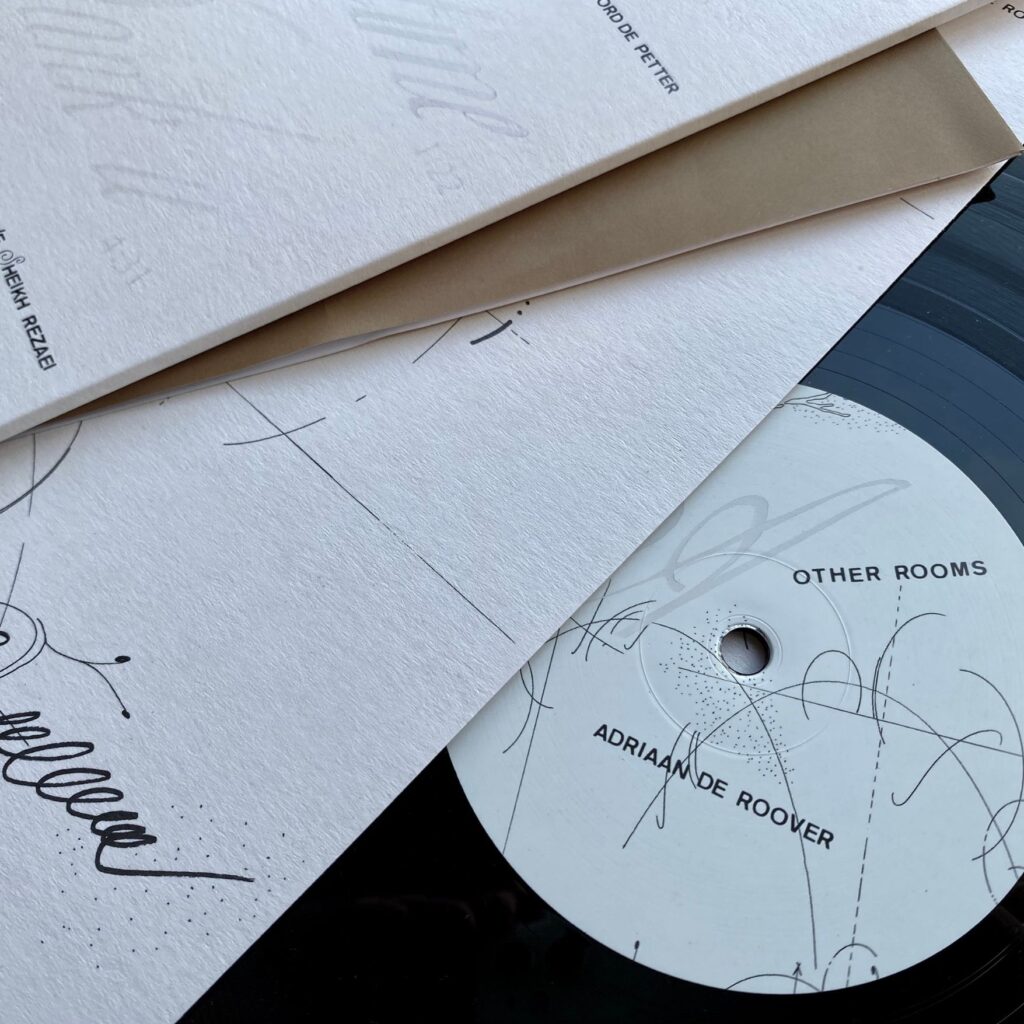
Are there other themes and concepts that show up often in your work?
I think so, but it’s hard to pinpoint exactly. It all comes from my life experiences, thoughts, and conversations with others. Mostly, it’s a way for me to connect with myself. Especially with my latest record, Other Rooms, it’s less about conveying a specific message and more about tapping into my feelings.
It’s about creating spaces within myself and facing whatever comes up. I’m drawn to certain sounds because they challenge me, make me uncomfortable, and then I find myself searching for comfort again. It’s like stepping into the unknown or taking a leap of faith.
Do you feel your music is becoming a more direct expression of your inner self?
I think so and I’m also eager to be more direct and transparent in my expression. For example, instead of hiding sounds within layers, I might want to make them more distinct. Sometimes I enjoy the mystery of not knowing whether a sound is a guitar or a car, but lately, I’ve been gravitating towards clarity in my recordings. This connects with the idea of simplicity—making things more straightforward, both in the music itself and perhaps even with words. Maybe there’s a bit less fog and doubt inside me, and that’s also translating into the sound.
Your latest work features more spoken word and singing. Are you planning to explore that even further?
Yes, I’m also singing more during live shows now, and I’m enjoying the rawness. It can go out of tune, and that’s okay. I think this mindset even extends to using words instead of abstract sounds.
At the same time, I’m feeling drawn to incorporating more beats again. I want to explore rhythm in a way that feels authentic to me. When I first started, I thought I wanted to make club music, but I guess I failed at that. I found myself gradually removing the drums during the mixing process and eventually stopped trying to include them altogether. It’s liberating because it opens up the space, allowing the music to breathe.
I’m not entirely sure where this journey will lead, but I’m embracing the process and letting things unfold naturally. Who knows, maybe in a few years, people will be tempted to dance to my music again. Or maybe not.
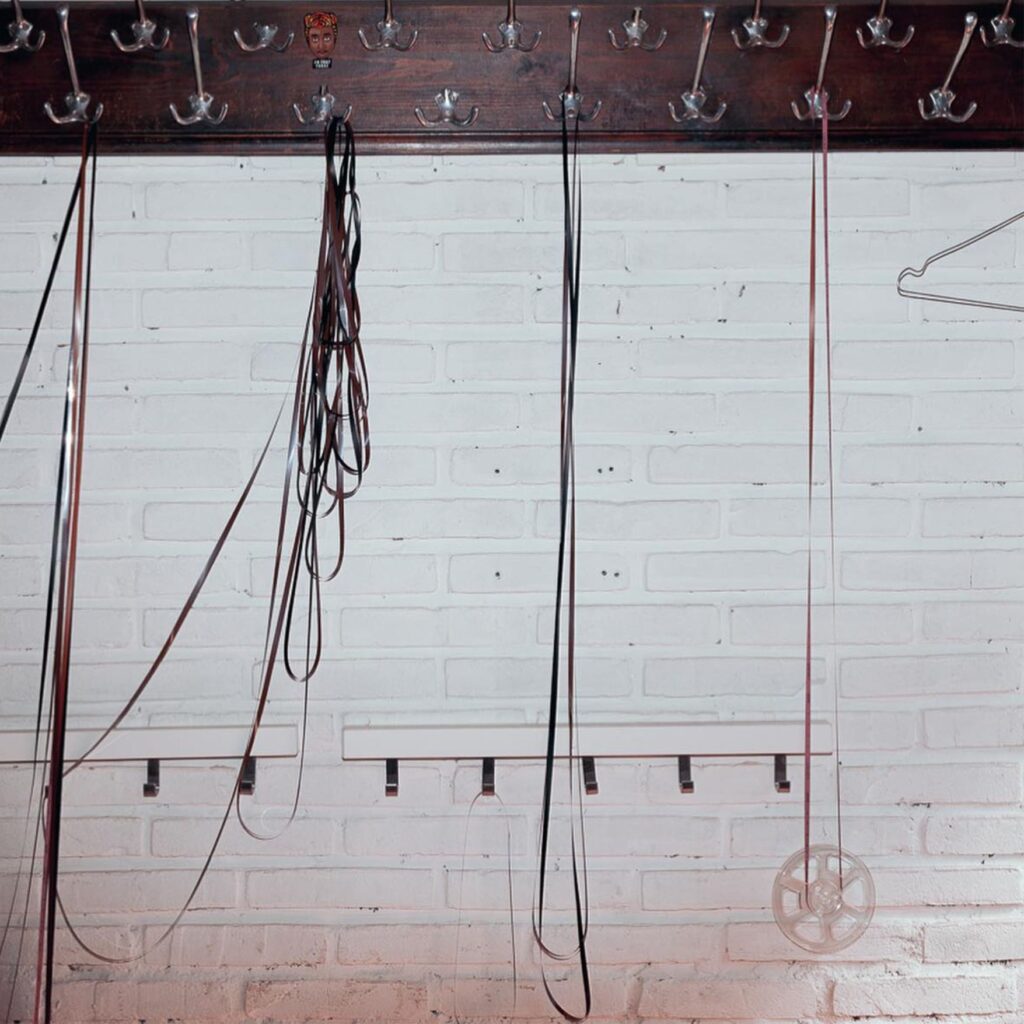
And how do you approach working on commissioned projects?
When collaborating in group settings, like a theater performance with other musicians, I find myself adapting more and learning to be functional, prioritizing the song and the collective vision over my own expression. But I still view these projects as extensions of myself and a way to express who I am. Otherwise, I wouldn’t be as interested in pursuing them. It’s something I’m still figuring out. I’ve realized I’m not particularly skilled at being purely functional. I know how to record a song in Ableton, but that doesn’t mean I can make the kind of music others create with this software. I’ve tried working on projects where I didn’t feel an emotional connection, and it just felt wrong. Something needs to stir inside me for me to truly engage with the project.
What do you hope listeners experience or take away from your music?
For me, creating music is a way to connect with myself or something deeper. I’m drawn to other people’s music for the same reason—it helps me understand and feel connected, both to myself and to something bigger. I hope that when people listen to my music, they can find that same connection within themselves or with something beyond them. Perhaps they’ll discover a sense of wonder or inspiration along the way.
Pictures by Anne Verbist and Jan De Schoenmaker
